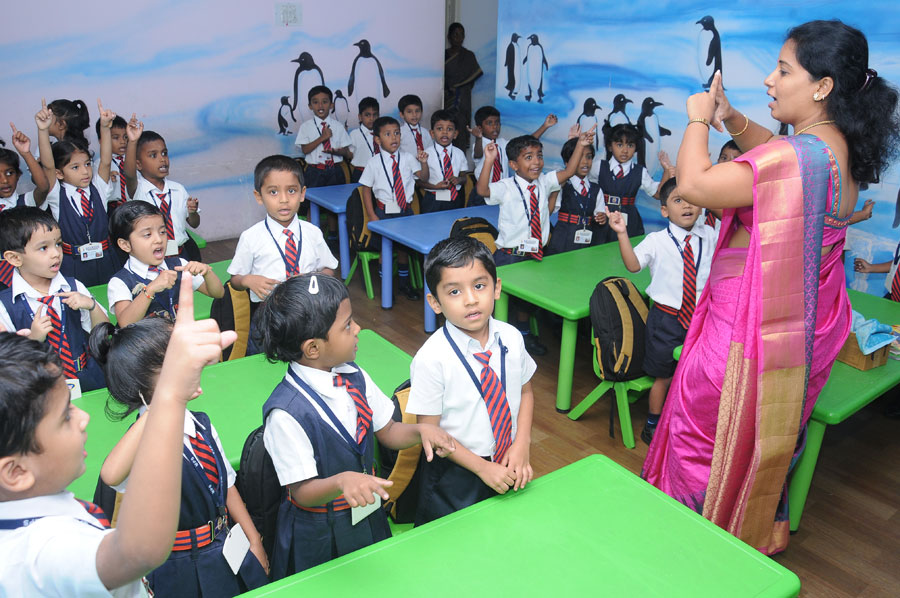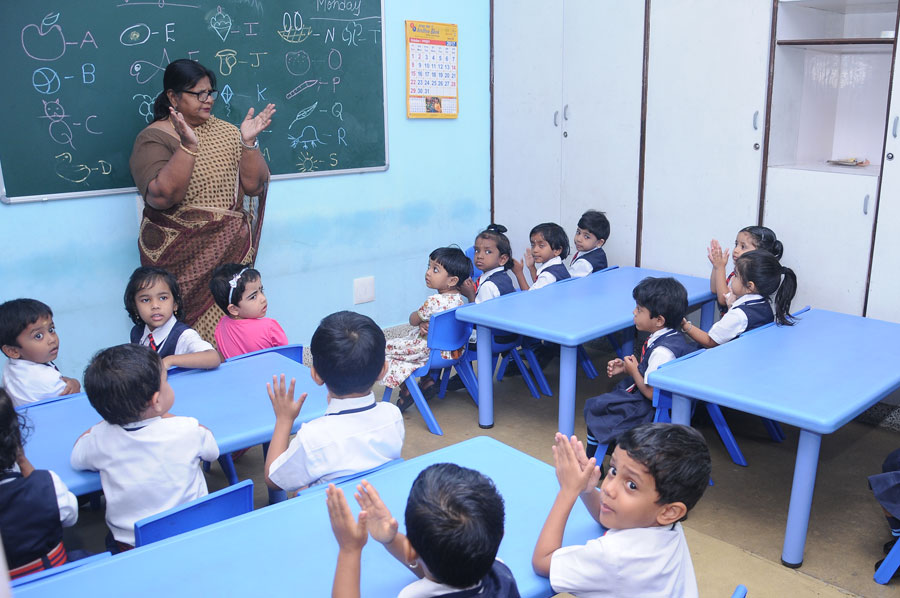Creating a safe and stimulating environment in nursery schools is crucial for fostering the holistic development of young children. This environment not only ensures the physical well-being of the children but also contributes significantly to their cognitive, emotional, and social growth. Here are several key aspects to consider when aiming to establish a safe and stimulating environment in nursery schools:
1. Safety Measures:
- Childproofing: Ensure that the physical space is childproofed with safety gates, rounded edges on furniture, and secure electrical outlets to prevent accidents.
- Supervision: Adequate adult supervision is essential to monitor children's activities and intervene when necessary. Maintain appropriate adult-to-child ratios to ensure effective supervision.
- Emergency Procedures: Establish and regularly practice emergency procedures, including evacuation plans, fire drills, and first aid protocols.
2. Hygiene and Cleanliness:
- Sanitation: Maintain high levels of cleanliness to reduce the risk of infections. Regularly sanitize toys, surfaces, and commonly-touched areas.
- Personal Hygiene: Instill good personal hygiene practices, such as handwashing, among both children and staff to minimize the spread of germs.
3. Comfortable Physical Environment:
- Appropriate Furnishings: Choose age-appropriate furniture and equipment that is comfortable, safe, and sized correctly for young children.
- Well-Designed Spaces: Arrange the classroom in a way that allows for easy movement and exploration. Create different learning zones, such as reading corners, art stations, and play areas.
4. Stimulating Learning Materials:
- Diverse Toys: Provide a variety of toys and learning materials that cater to different developmental stages and interests. This includes sensory toys, building blocks, puzzles, and art supplies.
- Interactive Displays: Decorate the classroom with colorful and interactive displays that engage children's senses and curiosity. Rotate displays to keep the environment fresh and exciting.

5. Positive Social Environment:
- Inclusive Practices: Foster an inclusive and diverse environment that respects and celebrates each child's unique background and abilities.
- Social Interaction: Encourage positive social interactions among children through activities that promote teamwork, sharing, and communication.
6. Routine and Consistency:
- Established Routine: Children thrive on routine and predictability. Create a daily schedule that includes a balance of structured activities, free play, and rest time.
- Consistent Expectations: Establish clear and consistent expectations for behavior. Provide positive reinforcement for good behavior and address any challenges promptly and constructively.
7. Professional Development for Staff:
- Training: Ensure that nursery school staff members are trained in child development, safety protocols, and effective communication with both children and parents.
- Continuous Learning: Encourage ongoing professional development to keep staff updated on the latest best practices in early childhood education.
For more information: Top nursery school in Bangalore





Comments